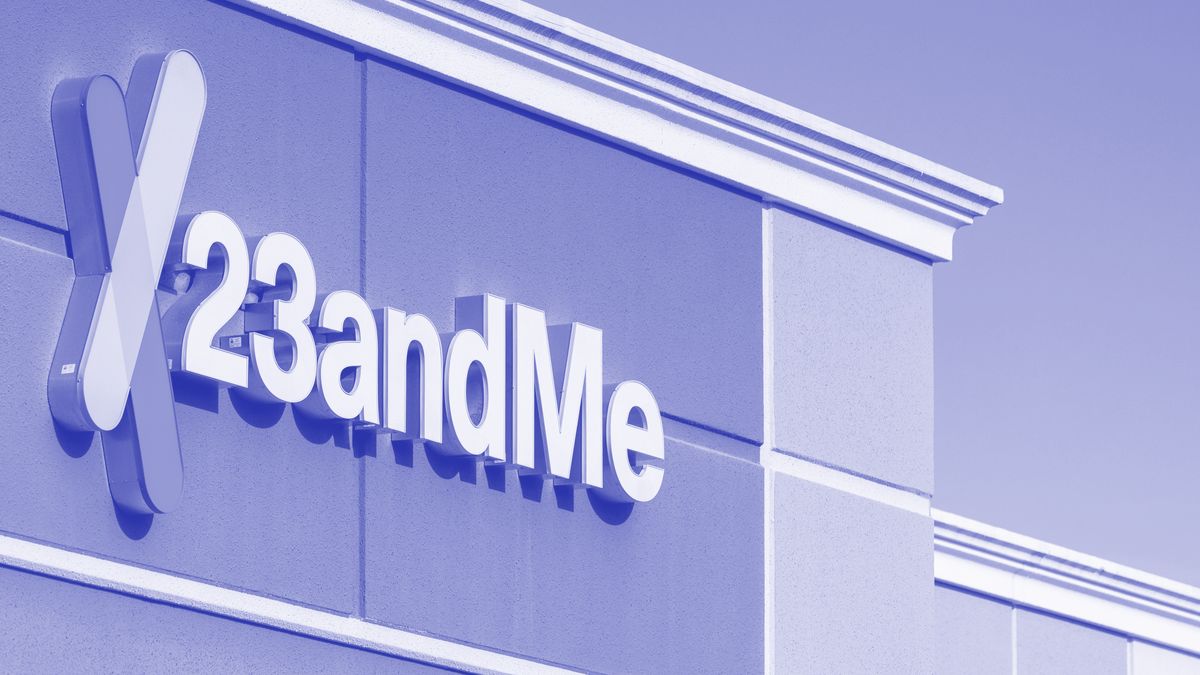The purchase and sale of our genetic data is now a reality. The biggest transaction of privately-held genetic data in history closed this year, and Australian biotech executives and regulators should be paying close attention to what it means — particularly for our privacy laws.
In March, the US personal genomics and biotechnology company 23andMe, best known for its ground-breaking and popular saliva-based direct-to-consumer genetic testing services, filed for bankruptcy. Then, on 19 May, the US biotechnology company Regeneron agreed to purchase 23andMe and its genetic dataset of approximately 15 million customers for US$256 million (AUD$397.5 million).
The deal sets a new benchmark for how genetic data can be monetised.
In 2018, 23andMe entered into a four-year, $300 million collaboration with GlaxoSmithKline (GSK) to use its genetic data for drug discovery and development. While not an outright ‘sale’ of the entire database, it involved granting GSK access and research rights to 23andMe’s de-identified genetic data. In 2015, 23andMe’s competitor Ancestry.com similarly entered into a research collaboration with Google’s Calico to study the genetics of human longevity using Ancestry’s extensive genealogical and genetic data.
